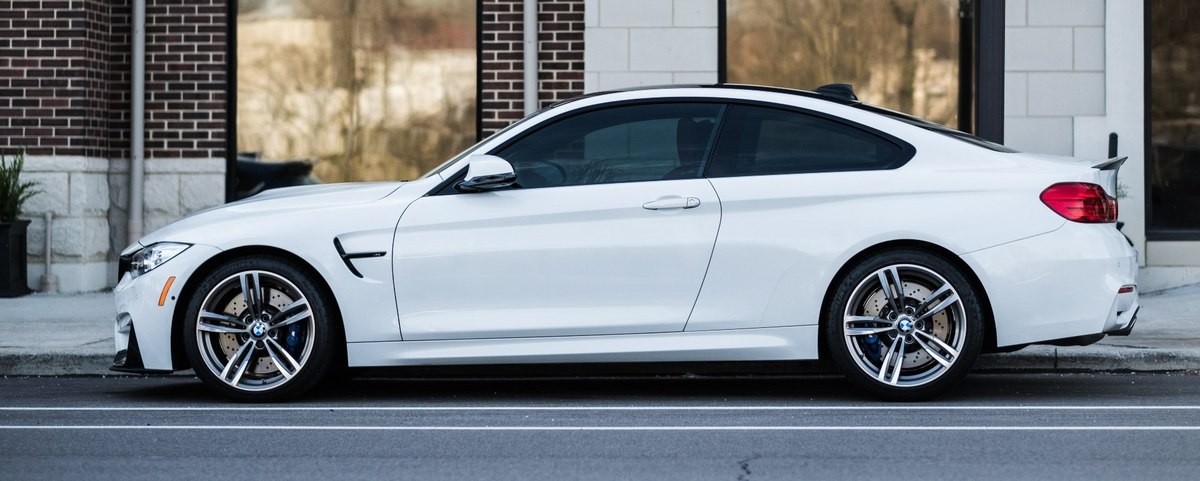
Global: How many consumers would consider purchasing a second-hand car?
Restricted car production and chip shortages due to the pandemic led to an increase in demand for second-hand cars, which in turn caused rising prices that continue even in 2023. But when asked which pre-owned products consumers would consider purchasing, data indicates that second-hand cars are the most popular.
In the latest YouGov survey conducted across 18 international markets, around half of global respondents (51%) say they are willing to consider purchasing pre-owned cars. Furniture and clothes and shoes are the next most popular pre-owned products consumers would consider buying, registering about a third of global respondents – 36% and 32% respectively. Over a quarter indicate that they would consider buying second-hand cell phones and tech products like TVs, laptops, and home appliances (27% both). While 24% of consumers say they would consider purchasing pre-owned exercise/sports equipment, it is among the bottom two categories with only gaming consoles registering fewer consumers (19%). About one in six consumers (16%) reveal that they wouldn't buy second-hand/pre-owned products at all, indicating a strong preference for new items.
In this piece we focus on consumers who would consider purchasing second-hand products, their appetite for pre-used cars and splitting the data by country reveals significant differences. The data shows that people in developed countries are more likely to buy used cars than those in developing countries.
Great Britain surpasses all countries studied in this survey with around four-fifths of the population saying they would consider buying pre-owned cars (81%). Slightly fewer but still nearly three-quarters of Americans (73%), Italians (73%) and Canadians (73%) are also open to the idea of owning pre-owned cars.
Other European countries are not far behind with at least 60% of the population in every country saying they would consider going in for second-hand cars. About seven in ten Australians also share that tendency. In the Nordic countries, Swedes (70%) are far more likely than their Danish neighbors (61%) to consider buying used cars.
In contrast, developing countries have a lower percentage of people who would consider purchasing second-hand cars. Even so, over half of consumers in Indonesia (58%), Mexico (56%) and India (54%) say they would look at purchasing a used car.
Consumers in Hong Kong (41%), China (42%) and Singapore (44%) are least likely of those in all markets to consider buying a pre-owned car. However, there are some exceptions, such as UAE, which has a relatively low percentage of people who would consider purchasing second-hand cars (52%) despite being classified as a developed country.
It is older consumers who are more likely to buy pre-owned cars – where 82% of Americans over 55 say they would consider purchasing second-hand cars, among 18-24-year-olds the proportion stands at 56%. In Britain, it’s 35-44-year-olds who are most likely to pick cars as a product they would buy second-hand (87%), with 18-24-year-olds registering 62%.
Explore our living data – for free
To receive monthly insights about the automotive industry register here.
To read YouGov’s latest intelligence on the auto sector explore here.
Make smarter business decisions with better intelligence. Understand exactly what your audience is thinking by leveraging our panel of 20 million+ members. Speak with us today.
Methodology: YouGov Surveys: Serviced provide quick survey results from nationally representative or targeted audiences in multiple markets. The data is based on surveys of adults aged 18+ years in 18 markets with sample sizes varying between 512 and 2034 for each market. All surveys were conducted online in February 2023. Data from each market uses a nationally representative sample apart from Mexico and India, which use urban representative samples, and Indonesia and Hong Kong, which use online representative samples. Learn more about YouGov Surveys: Serviced.
Photo by Lance Anderson on unsplash.com